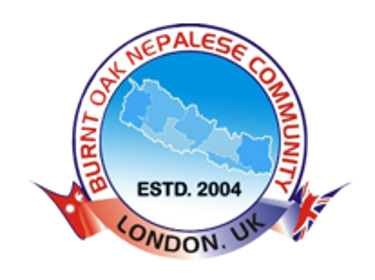Comparative Review of BONC Constitution (Old vs New)
Since March 2024, BONC has been registered as a company limited by guarantee. By law, every company registered with Companies House must have Articles of Association, which set out who is in charge, how decisions are made, and what members can and cannot do. In short, this is our legal rulebook. As a result, the old constitution is no longer in force. However, to preserve its spirit and values, we are introducing an operational guidebook and supporting policies to direct our day-to-day activities.
At the same time, BONC has grown significantly. We have expanded our programmes, strengthened our outreach, and secured a lease on a community hall. This hall is intended not only as a hub for the Nepali community, but also as a shared space for the wider Burnt Oak community. Together, these developments mark a broader effort to modernise, formalise, and strengthen our organisation for the future.
As a registered company, BONC must now operate within the legal framework set out in the Companies Act 2006. This also changes the definition of what we mean by “Members.” A member is any person whose name is entered in the company’s official Register of Members. Membership carries governance rights, such as attending general meetings, voting on key decisions, approving director appointments, and agreeing to any changes to the Articles. Each member also agrees to contribute a £1 guarantee in the unlikely event the company is wound up. In BONC’s case, all 200 lifetime payers are recognised as company members under the Articles, which means they each hold a vote and play a formal role in governance. Any significant changes therefore require the approval of 75% of the membership.
The Articles of Association (AoA) function as BONC’s constitution – the legal framework that defines the organisation’s purpose, membership, governance, and decision-making processes. By contrast, by-laws act more like a practical guidebook that sits beneath the AoA. In many ways, our old constitution can now serve as the basis for by-laws, covering areas such as how meetings are organised, how committees operate, and how membership fees are managed. The key distinction is that the AoA is a formal legal document that is harder to change, whereas by-laws are internal, more flexible, and can be updated more easily to reflect the way BONC actually operates. For this reason, wherever possible, we should move detailed rules into the by-laws and keep the AoA focused on essentials.
Recommendations
Place the lifetime fee, benefits, and conduct rules in a Membership By-law, rather than in the AoA.
Use a single voting class to honour the 200 lifetime members’ expectations.
Keep the AoA minimal, and put all operational details into the guidebook.
Steps
Insert actual clause numbers and titles from BONC’s current AoA and the old constitution into the gap analysis table.
Decide which items need AoA amendments versus those that should sit in the operational handbook.
Approve priority policies (Safeguarding, Hall Management, Health & Safety, Conflicts of Interest, Data Protection).
Pass Board resolutions to adopt the operational handbook.
Publish a short note for members explaining the key changes: the old constitution is now historic, the AoA is legally binding, and the operational handbook captures the practical details.
We are also considering whether registering as a charity would further strengthen BONC. This carries advantages such as enhanced public trust, eligibility for Gift Aid, access to certain grants, and clearer protection of assets. However, it also brings extra obligations, including increased reporting, stricter trustee duties, restrictions on political activity, and greater administrative overhead. We will gather members’ views on this before making any decision.
AGM Agenda Item
To approve amendments to the Articles of Association and formally ratify the operational handbook through a special resolution, followed by communication of the agreed changes.
Legal Next Step
Amend and file the Articles of Association as required.
